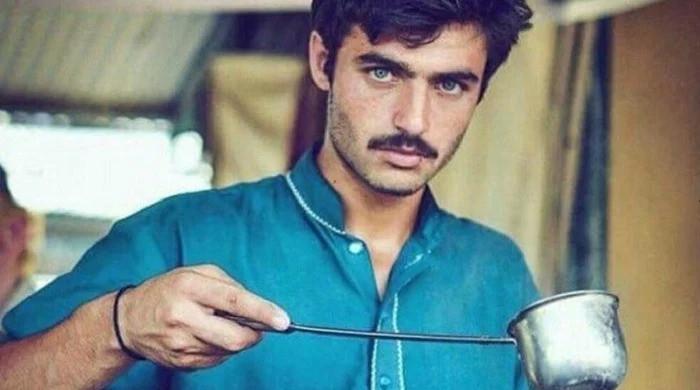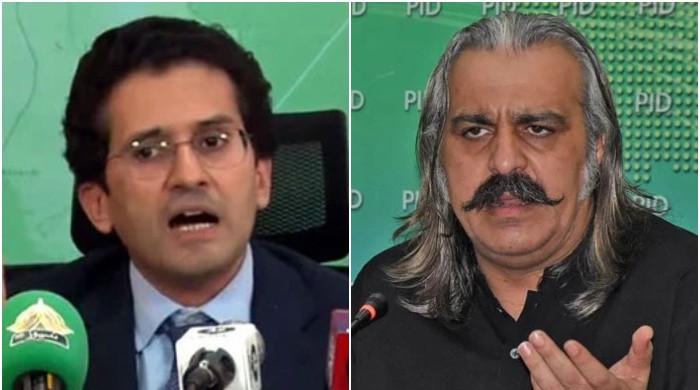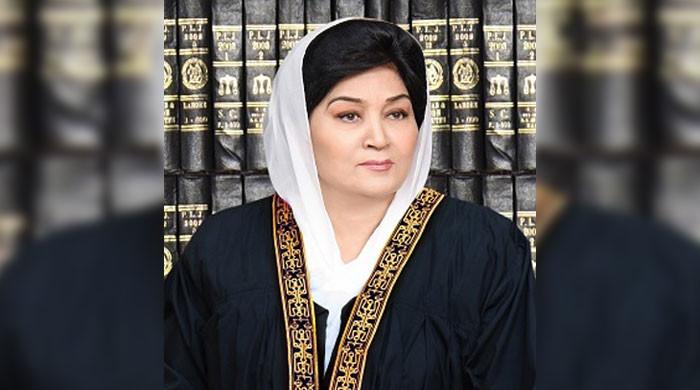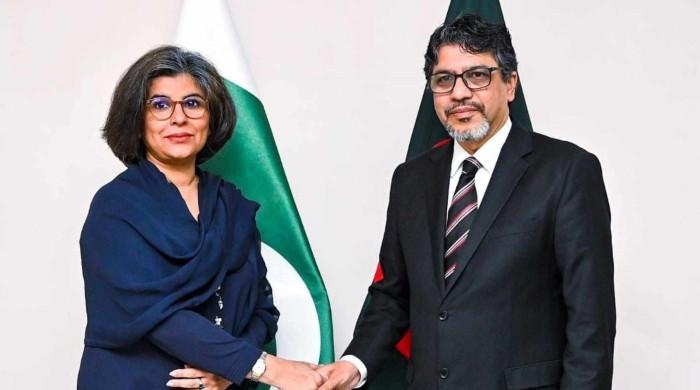Benazir Bhutto showed you can be a mother and prime minister: Bilawal
My mother led a nationwide election campaign, wrote a bestselling book, had her first child and became the youngest and first female prime minister of the Muslim world, all in one year, Bilawal...
February 19, 2018
“In 1988 my mother [Benazir Bhutto] led a nationwide election campaign, wrote a bestselling book, had her first child and became the youngest and first female prime minister of the Muslim world,” writes Bilawal Bhutto Zardari, the chairman of Pakistan Peoples Party, in a column for The Guardian published on Monday.
In his column, Bilawal refers to New Zealand Prime Minister Jacinda Ardern who recently announced her pregnancy, attracting positive messages as well as criticism as some questioned how she would cope.
As he looks back at the situation his mother faced 28 years ago, when she became the first world leader to give birth while in office, Bilawal writes:
“At the time, as her children, we didn’t appreciate how extraordinary her life was. Looking back it is clear that despite her accomplishments, every day she had to prove that as a woman she had every right to be who she was, larger than life and leading from the front, every step of the way.”
Recalling the oppressive regime of General Ziaul Haq, Bilawal mentions how his mother stood up to the dictatorship.
“My mother began her political journey as a symbol of hope and resistance to the repressive [regime of General Ziaul Haq]… Enduring imprisonment, solitary confinement, exile, assassinations of family members and associates was what she had to live through as a young woman.”
For her detractors.. she was unacceptable because she was a woman, writes Bilawal.
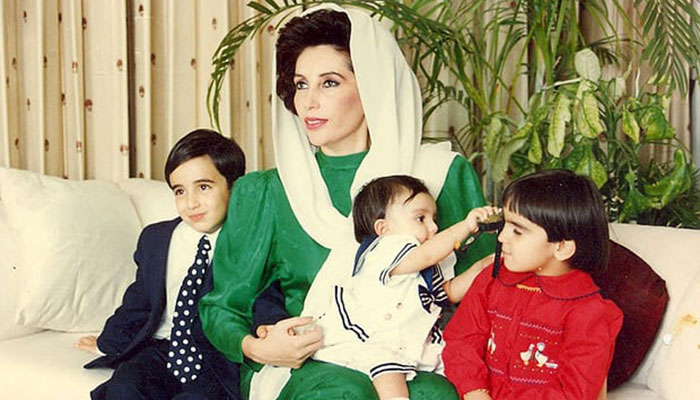
“Perhaps most controversially when she was pregnant with my sister, Bakhtawar, her prime ministership was challenged for that fact. There were calls for her dismissal, the setting up of a caretaker government because a pregnant woman had no right to be prime minister. It’s not like the constitution allowed for maternity leave.
“My mother, being who she was, took this all in her stride with a smile on her face, had her baby in secret and was back at work the next day. For misogynists, no matter what women do, it was and is never good enough.”
Calling Benazir's face-off against the dictatorship of General Musharraf her "final campaign", Bilawal says: "She fought consistently for democracy, and advocated for the release of political prisoners, including my father [...] all the while raising her children as a single mother, lecturing and giving speeches to make a living, making time to have a meal with us every day, taking us to the mosque every Friday, helping us with our homework, and much to our annoyance, never missing PTA meetings."
"She proved beyond a doubt, with her life and relentless courage, that women can certainly do everything — I know every child thinks of their mother as superwoman, I certainly did."






